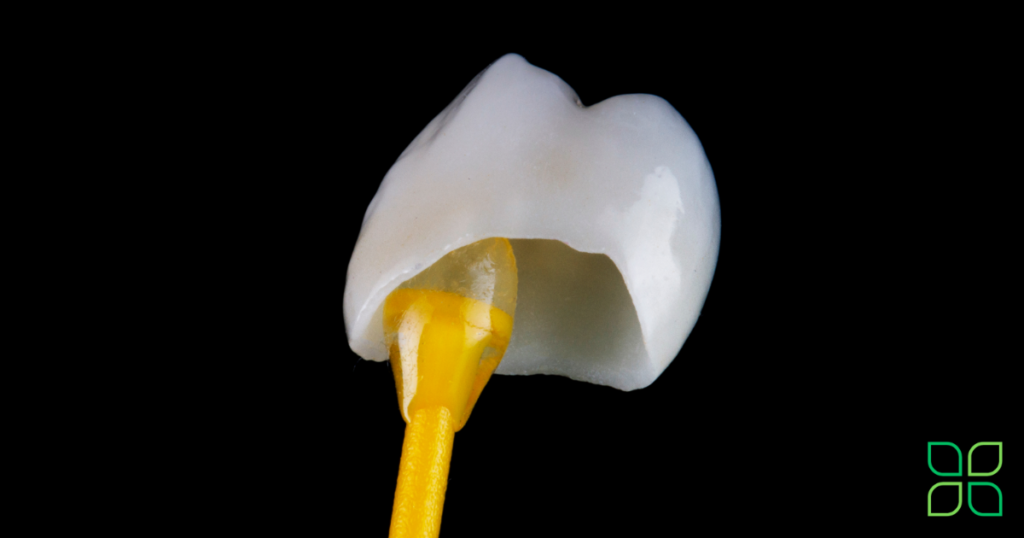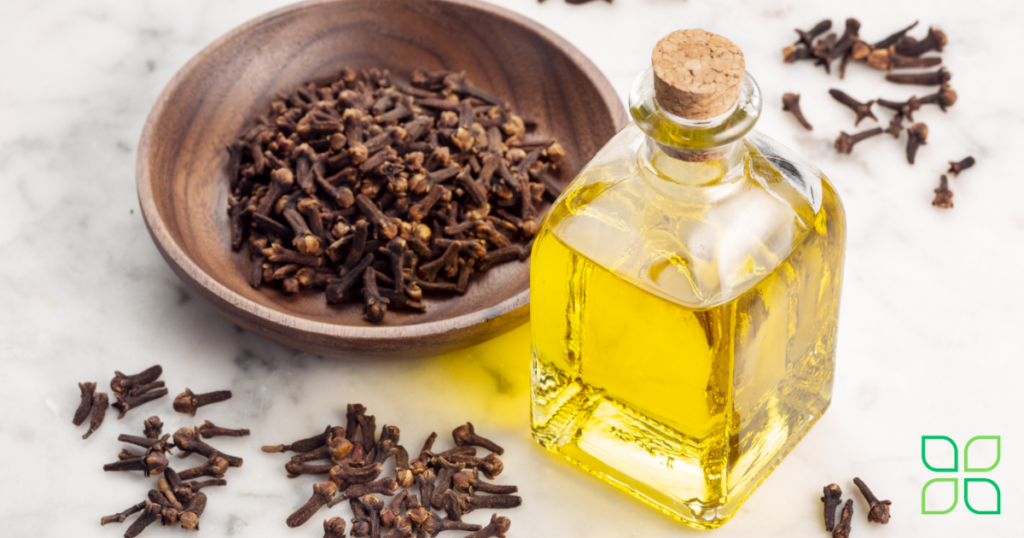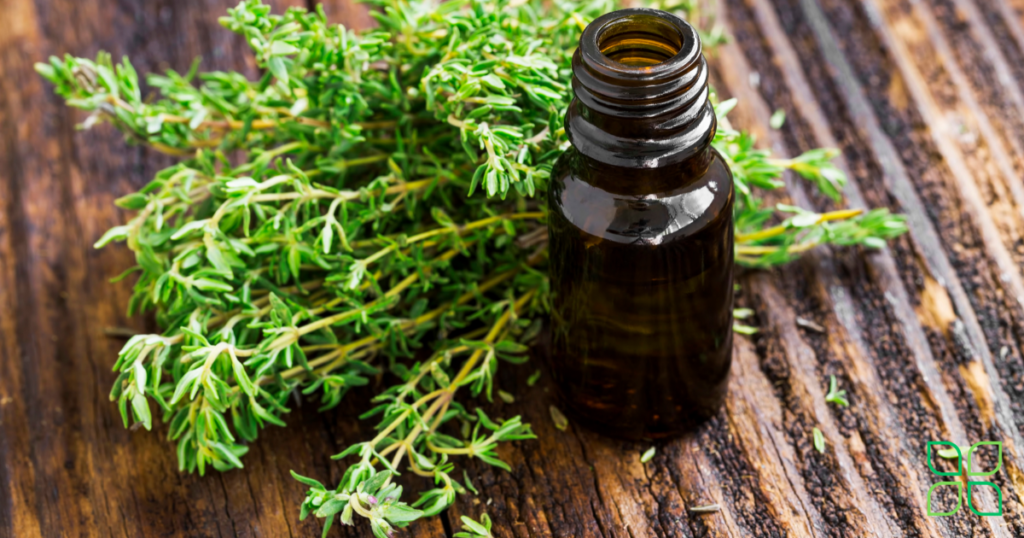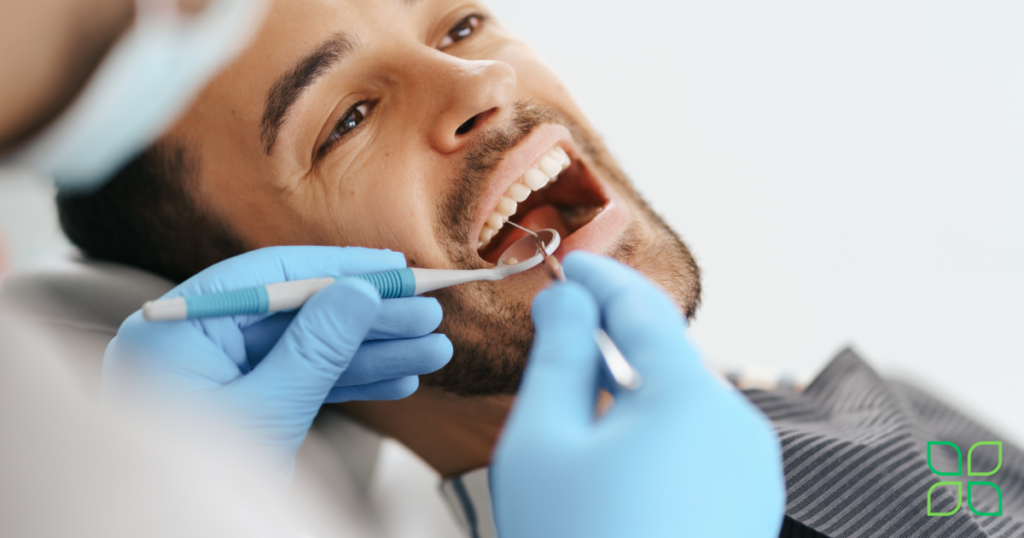Understanding Dental Crown Care: Preventing Cavities and Maintaining Good Oral Health
Maintaining good dental health is crucial, and dental crowns are often considered a perfect solution. However, it is essential to note that dental crowns also require special care to prevent cavities.

While dental crowns are designed to protect and strengthen a damaged tooth, they are not impervious to damage themselves. Just like natural teeth, they too, can develop cavities if not cared for adequately, leading to dental crown pain.
It is crucial to understand the nature of dental crowns. These restorations are typically made of materials like porcelain, ceramic, or metal alloys. While these materials are durable, they can still develop microscopic cracks or gaps that may provide an entry point for bacteria. Additionally, the junction between the crown and the underlying tooth can also become vulnerable to decay if not kept clean.
Tips for Maintaining Dental Crowns and Preventing Cavities
To prevent cavities from forming under a crowned tooth, good oral hygiene practices are essential. This includes brushing your teeth at least twice a day with fluoride toothpaste and paying extra attention to the area surrounding the crown. A soft-bristled toothbrush and gentle, circular motions will help remove any plaque or food particles that may accumulate.
Flossing on a regular basis is equally important, as it reaches areas that a toothbrush may miss. When flossing around tooth crowns, it is advisable to use a gentle back-and-forth motion to prevent dislodging the crown itself. Specialized tools like interdental brushes or water flossers can also be beneficial in cleaning hard-to-reach areas around the crown.

Regular dental check-ups are crucial for monitoring the health of your dental crowns. During these visits, your dentist will thoroughly examine the crowns for any signs of decay, damage, or improper fit. They may also recommend dental cleanings to remove plaque buildup, which can contribute to cavities.
Maintaining a balanced diet is another essential aspect of caring for dental crowns. Consuming too many sugary and acidic foods and beverages can increase the risk of cavities developing in both natural teeth and crowns. Opting for a diet rich in fruits, vegetables, lean proteins, and whole grains can help promote good oral health and reduce the likelihood of cavities.
Lastly, if you experience any changes in the fit, sensitivity, or appearance of your dental crown, it is crucial to consult your dentist promptly. These may be early warning signs of a potential problem that could lead to cavities or further damage if left untreated.
Home Remedies for Toothache Relief: 15 Effective and Accessible Solutions
If by any chance a breach occurs in the crown, and the underlying tooth becomes infected or develops a cavity, it is essential to have some knowledge on how to minimize any potential tooth pain or discomfort until you can get it properly repaired.
Toothaches are a common problem that most people have experienced at least once in their lifetime. In fact, over 90% of adults have had some form of tooth decay. While visiting a dentist is the best solution for long-term relief, several affordable and accessible home remedies can provide temporary relief from toothaches.
Here are 15 effective home remedies to alleviate toothache quickly and naturally.
1. Cold Compress:
A cold compress is one of the most affordable and readily available remedies for a toothache. Place an ice pack or ice cubes wrapped in a thin cloth on the affected tooth for 15 minutes. The cold temperature helps numb the nerves, reduces inflammation, and provides temporary pain relief.

2. Saltwater Rinse:
Saltwater is a natural disinfectant and an easy and effective remedy for toothache. Mix half a tablespoon of salt into a glass of warm water and use it as a mouthwash. A salt water rinse relieves pain, prevents swelling, and cleans the area around the affected tooth. Dentists often recommend rinsing with salt water as part of regular dental hygiene.
3. Warm Salt Water and Baking Soda Rinse:
Mix a teaspoon of salt water with a small amount of baking soda and use it as a mouthwash. Baking soda can help neutralize acids in the mouth, while salt water can reduce inflammation.
4. Peppermint Tea Bags:
Brewing peppermint tea can also help alleviate toothache. Add peppermint tea bags or one teaspoon of dried peppermint leaves to a cup of boiling water and let it steep for 20 minutes. Use the mixture as a mouth rinse or apply a cooled tea bag directly to the painful area. Peppermint has a numbing effect that can provide temporary relief.
5. Hydrogen Peroxide Rinse:
Hydrogen peroxide is a pain reliever that can help manage a painful tooth. Mix equal parts of 3% hydrogen peroxide and water and use it as a mouthwash. Be sure not to swallow it, and rinse your mouth with pure water afterward. Hydrogen peroxide not only reduces pain but also helps reduce plaque, heal bleeding gums, and kill harmful bacteria.
6. Clove or Clove Oil:
Clove has been used in various traditional medicines for centuries due to its natural antiseptic properties. It is commonly used in toothpaste and mouthwashes. To relieve toothache, you can apply a small amount of powdered clove directly on the affected tooth or chew a whole clove to release its oil. Alternatively, you can use a few drops of clove oil to the painful area until the pain subsides.

7. Vanilla Extract:
Dip a cotton swab in vanilla extract and apply it to the affected tooth. Vanilla’s alcohol content can help numb the area and alleviate pain.
8. Guava Leaves:
Guava leaves have anti-inflammatory and antimicrobial properties that can alleviate toothache, mouth ulcers, and swollen gums. Chew a few guava leaves until the juice starts working on the affected tooth, or boil a few leaves in water, let it cool to a warm temperature, and add a sprinkle of sea salt. Use this solution as a mouthwash.
9. Apple Cider Vinegar Rinse:
Dilute apple cider vinegar with water and use it as a mouthwash. Apple cider vinegar has antimicrobial properties that can help kill bacteria and reduce pain.
10. Black Tea Bags:
Place a warm, wet black tea bag against the affected tooth. Black tea contains tannins that can help reduce pain and inflammation.
11. Thyme:
Thyme is not only a popular spice but also a powerful medication used in ancient Chinese and Indian medicine. It has antibacterial and antioxidant properties that make it an excellent toothache treatment. Dilute a few drops of thyme essential oil with water on a cotton ball and apply it to the painful area. Alternatively, make a thyme mouthwash by adding a few drops of essential oil to a small glass of water.

12. Wheatgrass:
Chewing wheatgrass directly or using its juice as a mouthwash can provide short-term and long-term benefits for toothache. Wheatgrass has antibacterial properties that prevent tooth decay and pain. It also removes toxins from gums, supplies essential nutrients, and reduces bacterial growth. Regular use of wheatgrass can help maintain healthy teeth and fresh breath.
13. Turmeric Paste:
Mix turmeric powder with water to form a paste and apply it to the affected tooth. Turmeric has anti-inflammatory and antimicrobial properties that can help alleviate pain.
14. Ginger Paste:
Make a paste using ginger and water and apply it to the affected tooth. Ginger has natural anti-inflammatory properties that can help reduce pain and discomfort.
15. Garlic:
Garlic is a natural remedy recommended by ancient physicians like Avicenna. It has diverse medical properties, including killing harmful bacteria and acting as a pain reliever. You can make a paste of garlic and apply it to the affected area or chew it slowly. Repeat this treatment for a few days until the pain subsides.
Professional Dental Care: Thorough Examinations, Tailored Treatments, and Long-term Oral Health
While these home remedies may offer temporary relief from tooth pain, they do not address the underlying cause or provide a long-term solution. If you are experiencing severe or persistent tooth pain, you must prioritize your oral health and seek the expertise of a dentist as soon as possible.

By promptly seeking professional help, you can accurately identify and address the underlying cause of your dental pain and give you the best course of action. Dentists have the knowledge, skills, and tools necessary to identify and address dental issues effectively. They can conduct thorough examinations, take X-rays, and recommend the most suitable treatment options tailored to your specific needs. This will help determine your options so that you can make the best decisions for yourself.
Delaying or avoiding professional dental care can have serious long-term consequences for oral health and overall well-being. Dental problems left untreated can lead to more extensive damage, increased pain, and potentially costly treatments in the future. Additionally, some dental conditions, such as abscesses or infections, can spread and affect other parts of the body if not promptly addressed.
Remember, maintaining good oral hygiene and regular dental check-ups are essential for long-term dental health.
Are you finding tooth pain relief from any of these remedies?
